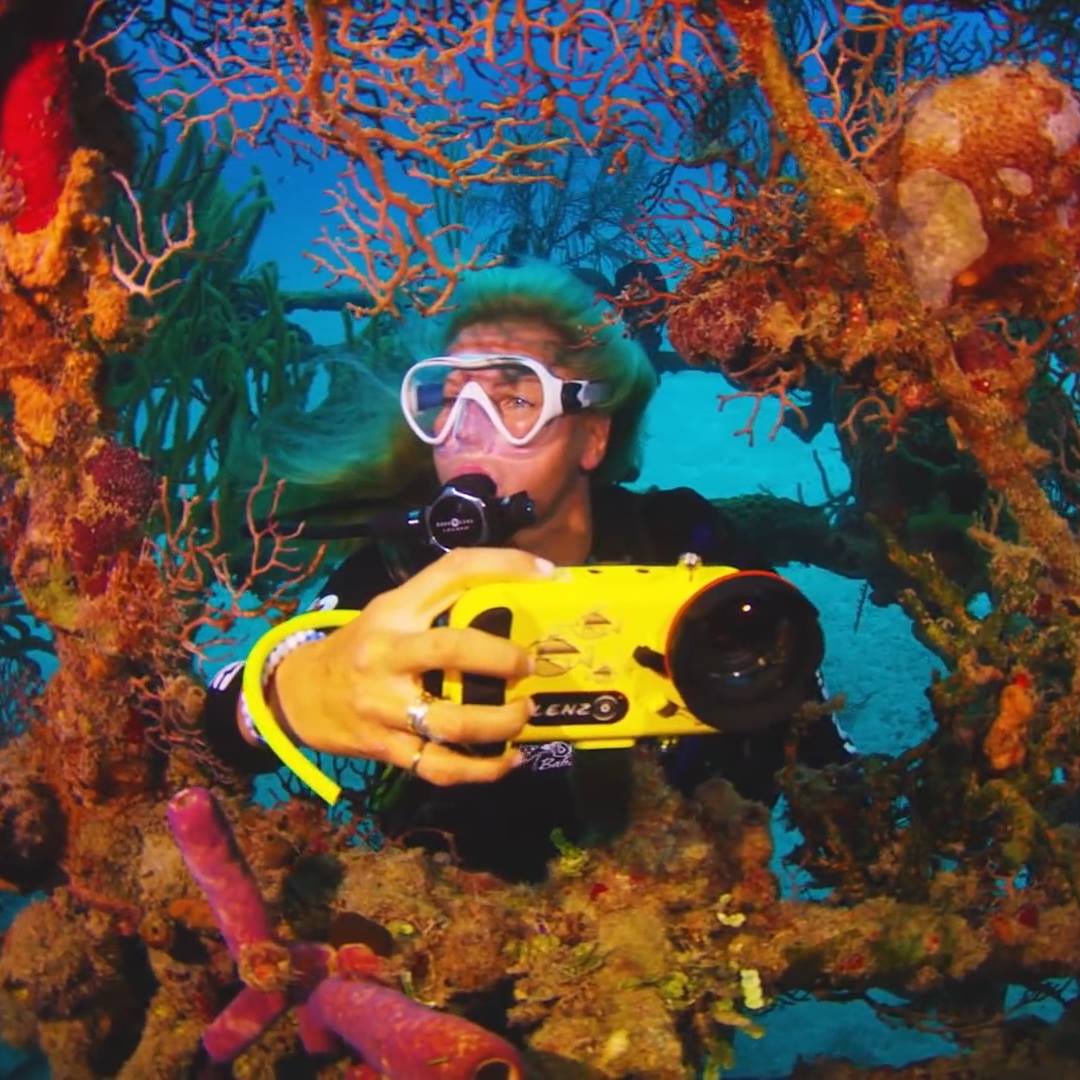First drive of a release candidate version of Model 3 https://t.co/zcs6j1YRa4


First drive of a release candidate version of Model 3 https://t.co/zcs6j1YRa4

We’ve discovered that evolution strategies (ES), an optimization technique that’s been known for decades, rivals the performance of standard reinforcement learning (RL) techniques on modern RL benchmarks (e.g. Atari/MuJoCo), while overcoming many of RL’s inconveniences.
In particular, ES is simpler to implement (there is no need for backpropagation), it is easier to scale in a distributed setting, it does not suffer in settings with sparse rewards, and has fewer hyperparameters. This outcome is surprising because ES resembles simple hill-climbing in a high-dimensional space based only on finite differences along a few random directions at each step.

My work mentioned. This story out in various languages: #Italian, #French, #Portuguese, English, etc. http://fr.radiovaticana.va/news/2017/03/24/troisi%C3%A8me_m%…sa/1300835 & https://zenit.org/articles/father-cantalamessas-3rd-lent-homily-2017/ & http://www.cantalamessa.org/?p=3274 &
http://www.diocesedeamparo.org.br/index.php/2017/03/24/3a-pr…de-cristo/

You’ll never see this with the naked eye: Watch plants grow on a microscopic level ![]() ⬇️.
⬇️.

Safety has been a preoccupation of consumers and carmakers for the past few decades, with some companies — like Volvo — making it their key selling point.
Automobiles are already far safer now than ever before, but advances in technology keep raising the bar for what consumers expect. And Morgan Stanley auto analyst Adam Jonas thinks the forthcoming Tesla Model 3, priced at $35,000 and expected to launch later this year, will lead the way in dramatic fashion.
Between 30,000 and 40,000 people are killed in car accidents every year in the US alone, so the stakes for drastically improved safety are high.
This elevating car can drive over traffic.
This sidewalk spray is only visible when it gets wet.

Tesla is finally rolling out their own solar roof tiles.